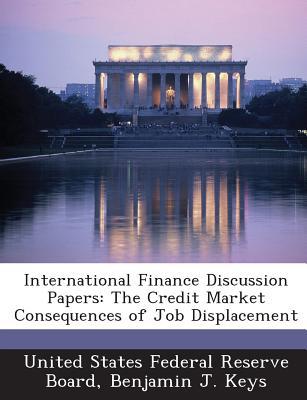Question
Bynum and Crumpton, a small jewelry manufacturer, has been successful and has enjoyed a positive growth trend. Now B&C is planning to go public with
Bynum and Crumpton, a small jewelry manufacturer, has been successful and has enjoyed a positive growth trend. Now B&C is planning to go public with an issue of common stock, and it faces the problem of setting an appropriate price for the stock. The company and its investment banks believe that the proper procedure is to conduct a valuation and select several similar firms with publicly traded common stock and to make relevant comparisons. Several jewelry manufacturers are reasonably similar to B&C with respect to product mix, asset composition, and debt/equity proportions. Of these companies, Abercrombe Jewelers and Gunter Fashions are most similar. When analyzing the following data, assume that the most recent year has been reasonably "normal" in the sense that it was neither especially good nor especially bad in terms of sales, earnings, and free cash flows. Abercrombe is listed on the AMEX and Gunter on the NYSE, while B&C will be traded in the NASDAQ market.
| Company data | Abercrombe | Gunter | B&C | |||
| Shares outstanding | 4 million | 10 million | 500,000 | |||
| Price per share | $32.00 | $51.00 | NA | |||
| Earnings per share | $2.20 | $3.13 | $2.60 | |||
| Free cash flow per share | $1.63 | $2.54 | $2.00 | |||
| Book value per share | $16.00 | $20.00 | $18.00 | |||
| Total assets | $99 million | $250 million | $12 million | |||
| Total debt | $35 million | $50 million | $3 million | |||
- B&C is a closely held corporation with only 500,000 shares outstanding. Free cash flows have been low and in some years negative due to B&C's recent high sales growth rates, but as its expansion phase comes to an end, B&C's free cash flows should increase. B&C anticipates the following free cash flows over the next 5 years:
Year 1 2 3 4 5 FCF $1,000,000 $1,050,000 $1,208,000 $1,329,000 $1,462,000 After Year 5, free cash flow growth will be stable at 7% per year. Currently, B&C has no nonoperating assets, and its WACC is 12%. Using the free cash flow valuation model, estimate the (1) horizon value, (2) intrinsic value of operations, (3) intrinsic value of equity, and (4) intrinsic per share price. Do not round intermediate calculations. Round your answers for the value of equity to the nearest dollar and for the value of equity per share to the nearest cent.
(1) Horizon value $
(2) Intrinsic value of operations $
(3) Intrinsic value of equity $
(4) Intrinsic per share price $
-
Calculate debt to total assets, P/E, market to book, P/FCF, and ROE for Abercrombe, Gunter, and B&C. For calculations that require a price for B&C, use the per share price you obtained with the corporate valuation model in part a. Do not round intermediate calculations. Round your answers to two decimal places.
Abercrombe Gunter B&C D/A % % % P/E Market/Book ROE % % % P/FCF -
Using Abercrombe's and Gunter's P/E, Market/Book, and Price/FCF ratios, calculate the range of prices for B&C's stock that would be consistent with these ratios. For example, if you multiply B&C's earnings per share by Abercrombe's P/E ratio you get a price. What range of prices do you get? Do not round intermediate calculations. Round your answers to the nearest cent.
The range of prices: from $ to $
How does this compare with the price you get using the corporate valuation model?
The price obtained with the corporate valuation model is -Select-withinout ofItem 22 this range of prices.
Step by Step Solution
There are 3 Steps involved in it
Step: 1

Get Instant Access to Expert-Tailored Solutions
See step-by-step solutions with expert insights and AI powered tools for academic success
Step: 2

Step: 3

Ace Your Homework with AI
Get the answers you need in no time with our AI-driven, step-by-step assistance
Get Started


